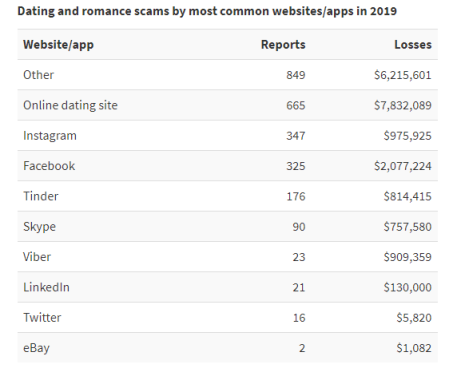Think you’re too clever to be scammed? I did too and yet back in the early, heady and careless days of online dating, I was. Romance scams involving shady conmen (and yes, conwomen) lurking on the interweb are rife, even (or especially) during Coronavirus times.

Ever wondered what makes someone do this, and what it takes to infiltrate someone’s life, preying on their vulnerabilities just to extract money? Sometimes it’s about more than money though and it becomes catfishing – my first experience of this painful manipulation was my last.
But straight–out romance scams do more damage than just a bruised ego or a few more rings of cynicism on the dying tree of hope for a genuine loving relationship.
In this series exploring romance scams I’ll share my own experience of being conned by a scammer in Botswana, which came flooding back to me today when I received an email following a contact through LinkedIn, where I have a business profile.
Romance scams on LinkedIn and non–dating social media platforms are on the rise. Here I’ll share what I learned through being emotionally (but not financially) manipulated by a scammer, how to spot a scammer and what to do if you’re scammed.
Most importantly, never give money to someone online that you’ve never met. If you’re using dating sites, the Australian Cyber Security Centre has a useful page called Online Dating 101.
Big money losses are common – but still unbelievable
According to America’s Federal Trade Commission (FTC), romance scams are the highest earning of all types of fraud in the US – likely echoed across the world. At $2,600, the median loss to romance scams is about seven times higher than for other frauds, which is a more apt word than ‘cons’ or ‘scams’. Defrauding people of hundreds or thousands of dollars is big business online and it affects anyone in a western country, male, female or other.
“In 2018, [there were more than] 21,000 reports about romance scams, and people reported losing a total of $143 million…These reports are rising steadily. In 2015, by comparison, people filed 8,500 reports with dollar losses of $33 million.,” says FTC’s Consumer Protection Data Spotlight.
The Identity Theft Resource Centre says that last year, romance scams led to losses of over US$200 million. “All internet scams have the potential to be cruel. After all, they are designed to trick you into handing over your money, your identity or both. However, perhaps one of the most heart-wrenching forms of online scam is the romance scam. Not only does the victim lose their money but they lose what they believed was a real chance at finding lasting love.”
Australian losses are no less shocking. In 2013, 28% of money was lost to romance or online dating scams, averaging $21,000 lost per person.

Image courtesy of https://www.ftc.gov/news-events/blogs/data-spotlight/2019/02/romance-scams-rank-number-one-total-reported-losses

Image courtesy of https://www.accc.gov.au/media-release/romance-scammers-move-to-new-apps-costing-aussies-more-than-286-million
Next time I’ll focus on how romance scams work and some common tactics and things to look out for.
I’d love to know in the comments or through my contact form your experiences of being scammed or encountering a romance scammer on social media.
